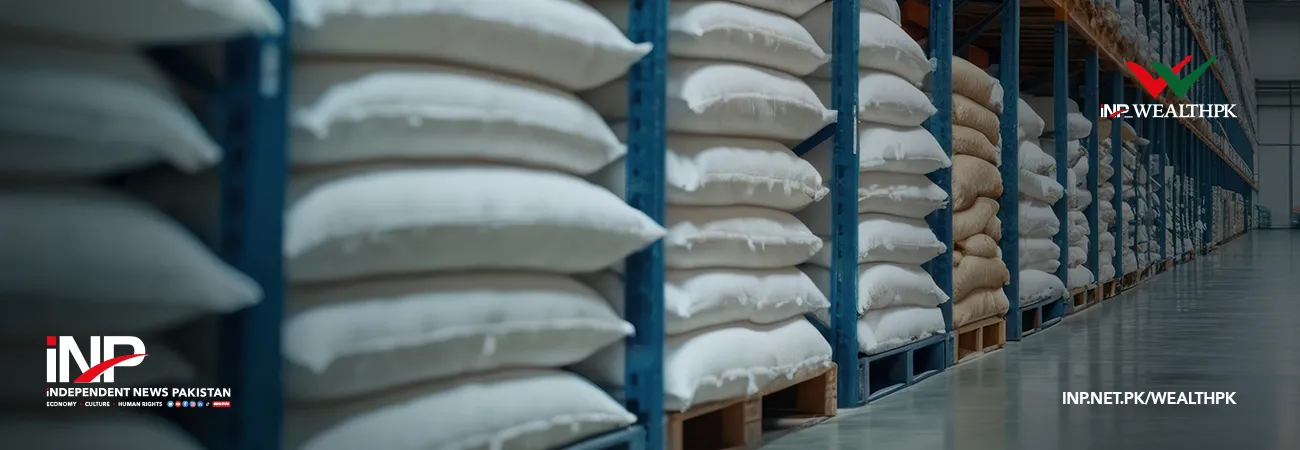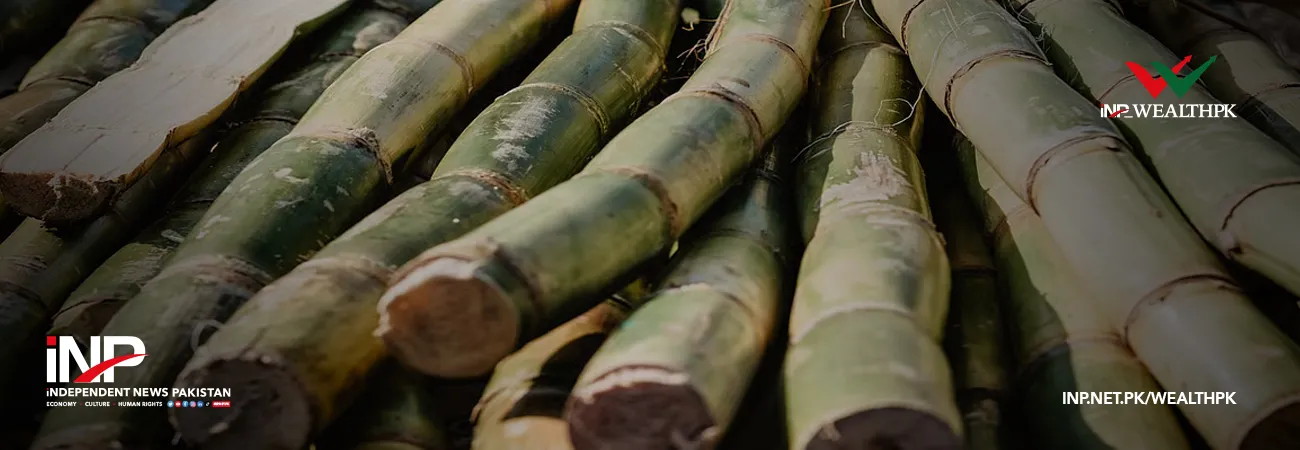INP-WealthPk
BEIJING, May 3 : Esha Iqbal, a Pakistani graduate student in China Women University (CWU) Esha Iqbal hoped to apply China’s poverty reduction experience home, reports China Economic Net (CEN). As a co-founder of Youth Impact, a youth development organization, Esha attached great importance to female’s power in poverty alleviation. “Women represent 50 % population overall in the world.
There are statistics that women are more poverty stricken. So if women are not there to talk about their own needs, there won't be anyone to represent them,” she mentioned. Therefore, it is important that a woman not only speaks for herself, but also speaks for her community. And only then can women hold up half the sky, Esha added. Back home Esha was a Regional Operations Manager at Habib Bank Limited (HBL) in Mirpur District, Azad Kashmir. Also, she was a field trainer for National Financial Literacy Program of State Bank Of Pakistan in Kolti & Bhimber district. “Pakistan is a society where we have a certain amount of gender segregation and financial participation for women is limited. That's why my presence in that training was somehow crucial,” she explained, adding that she included lots of women in that training and helped them open accounts in the bank.
Esha also appreciates China's amazing work on poverty reduction and setting precedent for the rest of the world. “During university we had different courses in which we learned about poverty reduction activities in China,” she told China Economic Net. Esha’s teachers took them to a local apple farm in Changping, Beijing before. Local people had built restaurants and picked fresh vegetables to cook for visitors. And they also had different animals and different crops planted. As Esha saw it, young students experience farming and know what rural life is; the locals could make a living via this interesting business model as well. “If I only keep this knowledge to myself, I will be a miser.
I would like to go back and help my countryman with my experience here,” she said. Esha values the role that financial literacy plays in poverty reduction a lot, too. As she put it, they used to go to rural areas and conduct some training for men and women so that they know what financial literacy is, what financial products they have and how they can have access to finances. “Finance is basically the blood that runs in economy,” Esha noted, “If someone needs to open a small scale business, you need finances; if someone wants to have education to improve, to ensure the upward mobility and the social status, they need finances to support their education.” “China is very advanced and it's reaching the next phase of digitalization,” she said, whereas in Pakistan, “we are still struggling to help people open their basic accounts.” However, now Pakistan is actually progressing. There are different banks and micro finance banks working since 2000.
As per Esha, in the last 20 years, they have done a lot of work. And recently, Pakistani government has launched a vast program that will actually transform the whole system, and Pakistanis will be able to make payments digitally and make transfers digitally.
Credits: INP-WealthPk





